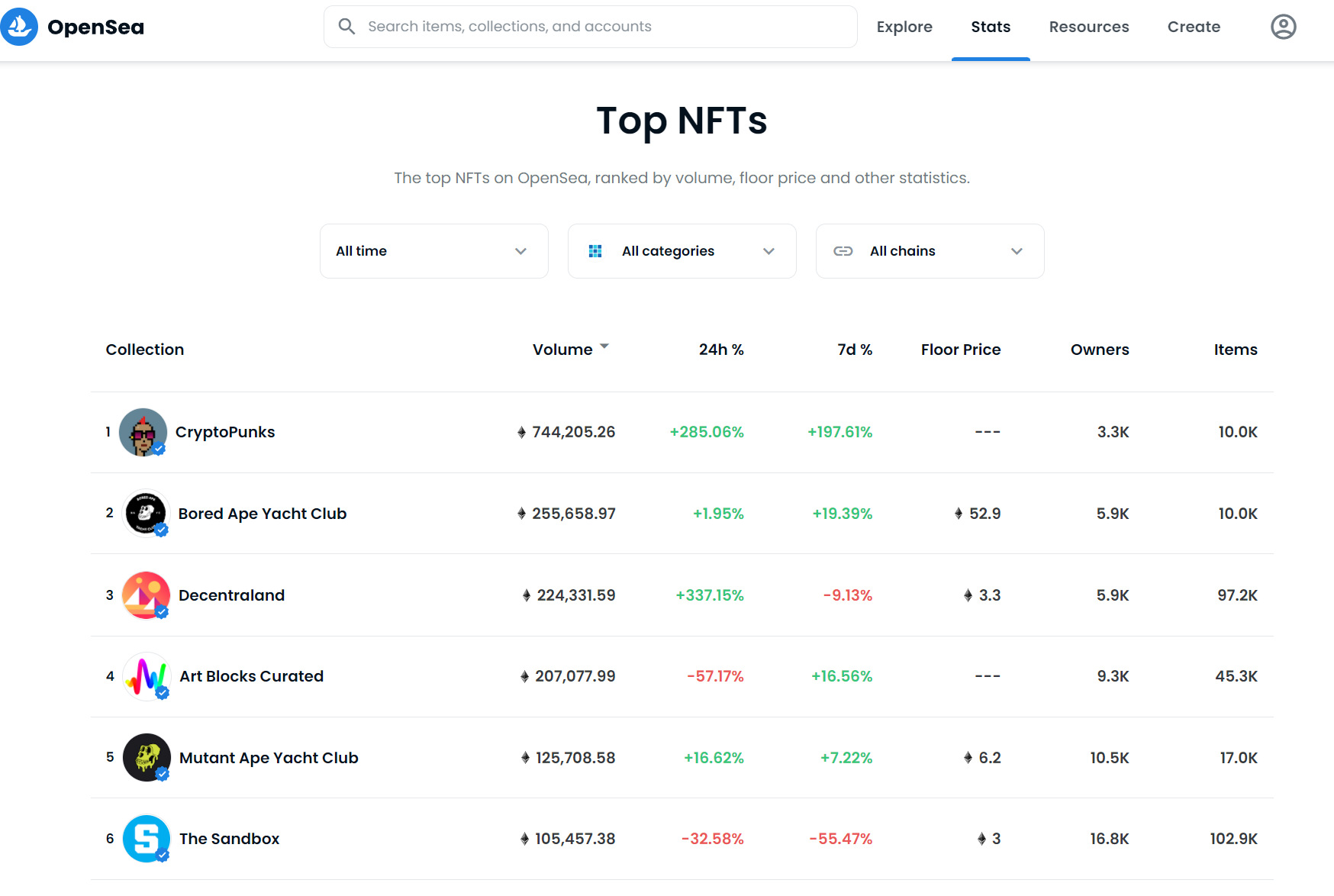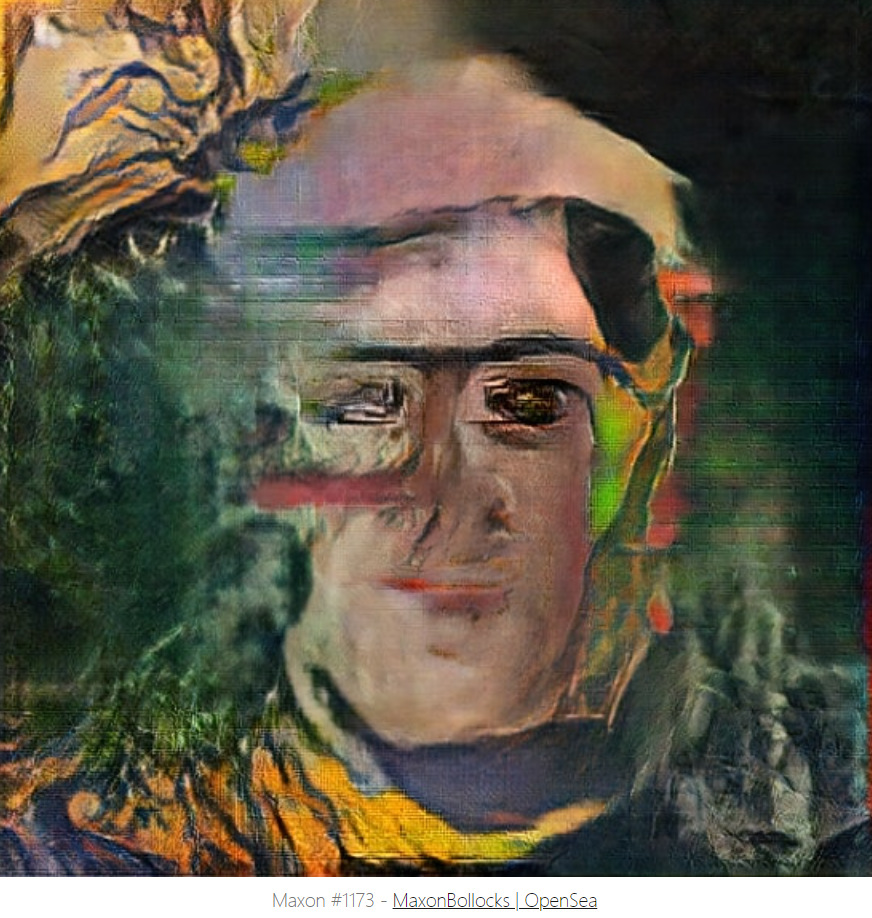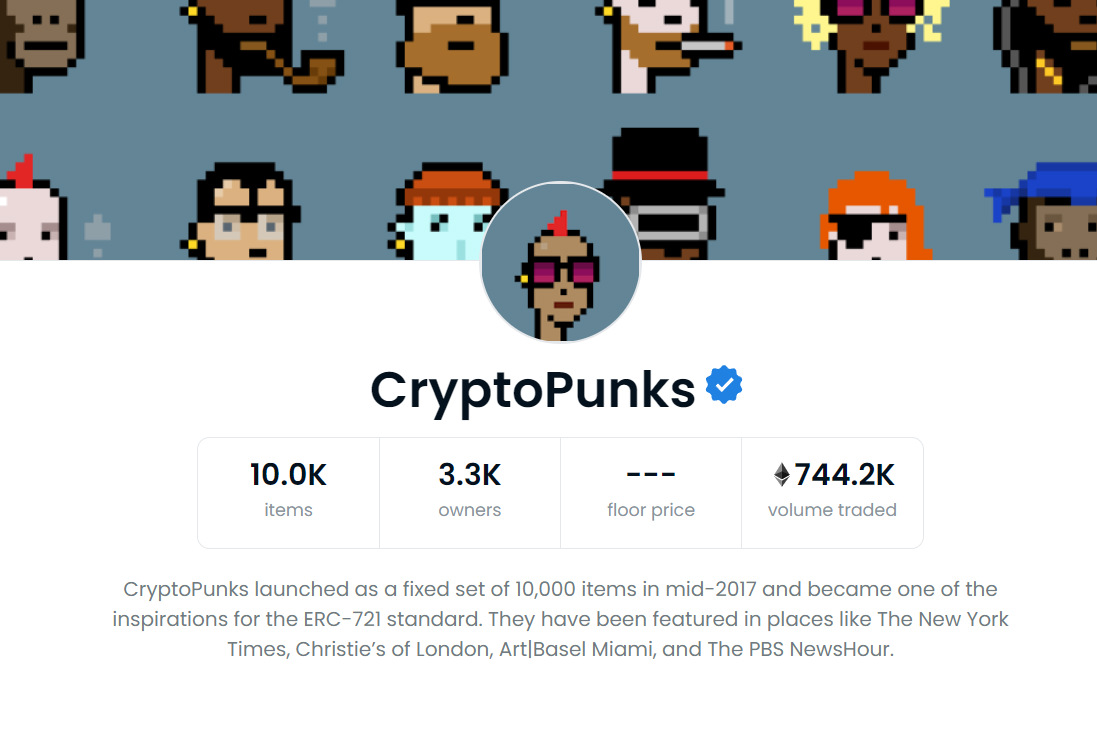元宇宙:抽象现实和代币化生活的未来 The Metaverse: Abstracted Reality And The Future Of Tokenized Life
Maxon #1173 - MaxonBollocks |外海
数字资产交易正在改变我们与周围环境互动的方式——无论是线上还是线下——并且正在催生一个每个人都可以参与的虚拟化、去中心化资本主义的新时代。
什么是元界?元宇宙的想法已经存在了二十多年,但直到最近我们才开始看到它的功能在区块链技术中实现。随着资产和经济的代币化,你在网上互动的一切都可以开始类似于你在虚拟世界中的身份扩展,数字资产和物品可以买卖、交易、用于游戏目的等。
Metaverse 最好被认为是一个生态系统,其中所有这些虚拟世界都通过互联网连接;它是一个宇宙的宇宙,产生了整个虚拟资产经济。有些人将其解释为互联网的下一个阶段——作为一个信息网络——而另一些人将其与 Facebook——一个社交媒体网络进行比较——但 Metaverse 是这两者的结合,还有更多。
元界将在我们的日常生活中变得越来越重要。
区块链将不可避免地构成我们整个生活的数字记录。我们的身份、业务以及我们拥有或与之互动的一切有朝一日都可以存储在区块链分类账中。使用 Metaverse,您使用的每一项资产,从您的牙刷到您的家,都可以拥有自己的虚拟表示。不,我不知道你为什么想要区块链上的牙刷。这并不意味着它不会发生。
在未来,数字资产可能会变得司空见惯,这也意味着您最终可以拥有自己的数据。为什么 Facebook 会保留您在其网站上发布的所有信息?为什么 Google 应该阻止开发人员使用您放在网上的内容,然后将其出售给广告商?在基于区块链的技术下,这些平台的用户可以直接交互并拥有自己的数据。
Maxon #1173 - MaxonBollocks | OpenSea
Digital asset trading is changing the way we interact with our surroundings — both online and offline — and is giving rise to a new era of virtualized, decentralized capitalism in which everyone can participate.
What is the Metaverse? The idea of a metaverse has been around for over two decades now, yet it's only recently that we've started to see its features realized in blockchain tech. With the tokenization of assets and economies, everything you interact with online can begin to resemble an extension of your identity in a virtual world, with digital assets and items that can be bought, sold, traded, used for game purposes, etc.
The Metaverse is best thought of as an ecosystem in which all these virtual worlds are connected through the internet; it's a universe of universes that gives rise to an entire economy of virtual assets. Some have interpreted it as the next phase of the internet - as an information network - while others compare it to Facebook - a social media network - but the Metaverse is both of these together, and much more.
The Metaverse will become increasingly important in our daily lives.
Blockchains will inevitably constitute a digital record of our entire lives. Our identities, businesses, everything we own or interact with could one day be stored on a blockchain ledger. With the Metaverse, every asset you use, from your toothbrush to your home, can have its own virtual representation. No, I don’t know why you want a toothbrush on the blockchain. That doesn’t mean it won’t happen.
It’s a future that could see digital assets becoming commonplace, and it also means you can finally own your data. Why does Facebook get to hold all the information you post on their site? Why should Google prevent developers from using the content you put online but then sell them to advertisers? Under blockchain-based technologies, users of these platforms can interact directly and own their own data.
You can even use your digital assets to make or receive payments, and the Metaverse will enable seamless interoperability between different platforms. One day, you might wake up with a new "born" avatar (who you created yourself), and as such, they'll be indistinguishable from an ordinary person... or perhaps even a celebrity.
What if you owned a fraction of Lebron James's avatar, and he allowed you to trade that asset on a particular platform? What if your avatar performed the same role as the models who currently advertise products on Instagram, but instead of being paid in USD or EUR, they're paid in a native token? The avatar's client (who's paying them) can buy in-game items to enhance the avatar's image with, or perhaps the avatar will earn royalties when their likeness is used on other platforms (where they're rendered in an animation). Suddenly, your digital self has real value. This is all possible when you consider that blockchains are programmable and that digital assets can be used for many more purposes than just financial transactions.
How will the Metaverse enable non-edge case users to benefit from blockchain technology?
The Metaverse evolves from tokenization — tokens can represent many different types of assets, and the possibilities of what you can achieve with all this data are endless.
Not only will we be able to use avatars in virtual worlds — given that they're stored on a programmable blockchain, they'll also be able to represent anything that has value, and assign value to previously devalued classes.
That includes all of our online data, too, that presently lies in the hands of large corporations. In the future, as more data is generated and as our devices become increasingly interconnected, there will be a massive demand for processing power.
If you're going to develop a platform that can handle large amounts of data, you'll also need an enormous amount of computing power. This demands an entirely decentralized internet architecture, and blockchain provides this solution.
We live in a world where we're surrounded by virtual objects and services, and in the future, this will be even more prevalent. There's also an enormous amount of data generated — from our browsing history to all the Tweets we've posted — and we're not in control of it.
If you follow someone on Twitter or interact with their avatar in a virtual world, they would likely like to make money from this.
- 内容分页 1 2
